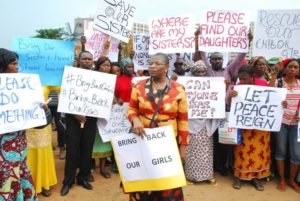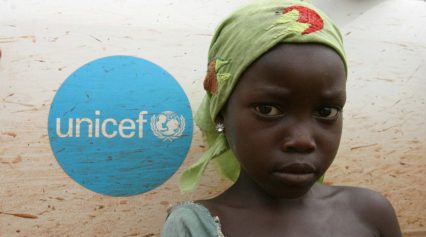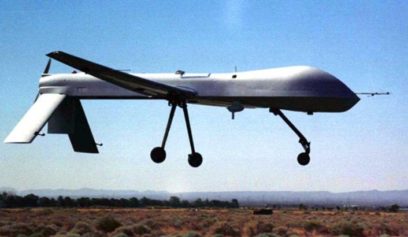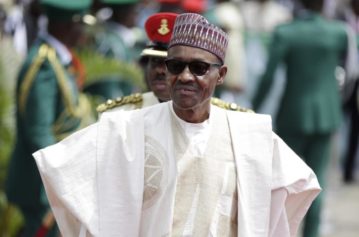
Joseph Mbu made a statement Monday that seemed to forbid protests on the grounds that they could be hijacked by “dangerous elements” who could threaten state security.
Protesters said they would challenge the ban in court Tuesday, and they filed a complaint at noon local time.
But a statement from police spokesman Frank Mba on Tuesday said the commissioner had only meant to advise against gatherings because of intelligence that there was a likely “infiltration and hijack of otherwise innocuous and peaceful protests by some criminal elements having links with insurgents.”
“The force has not issued any order banning peaceful assemblies/protests anywhere in Nigeria,” Mba said.
“However … citizens are strongly advised to reconsider their positions on the issues of rallies and protests in FCT until the existing threats are appropriately neutralized,” he said, referring to the Federal Capital Territory around Abuja.
The girls were snatched from the northeastern village of Chibok, near the Cameroon border, on April 14.
Much of the anger among protesters has been directed toward the government for failing to protect the girls.
President Goodluck Jonathan’s supporters say the protesters’ anger should be directed at extremist group Boko Haram and that constant criticism of the military is misplaced and demoralizing.
Meanwhile, a leading newspaper in the West African country reported Tuesday that 10 generals and five other senior military officials were found guilty of providing arms and information to Boko Haram by a court-martial. The news follows months of allegations from politicians and soldiers.
Source: aljazeera.com


